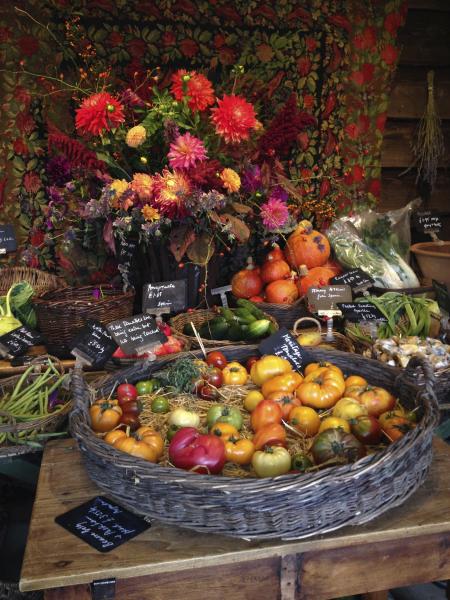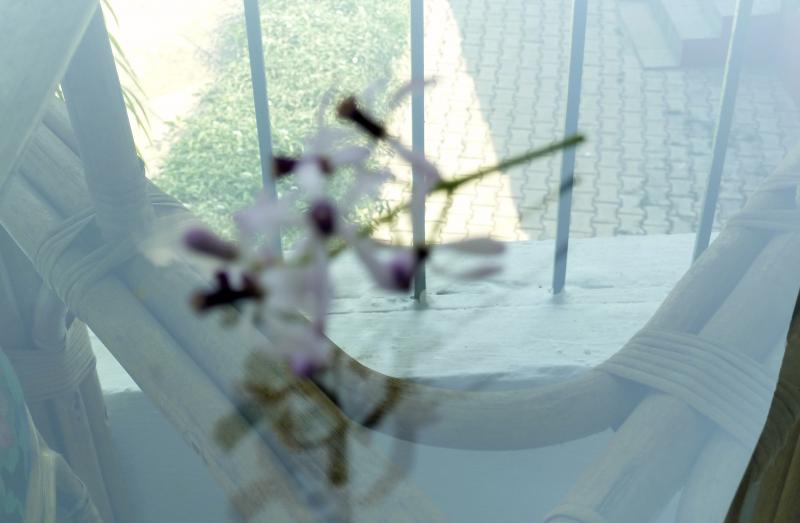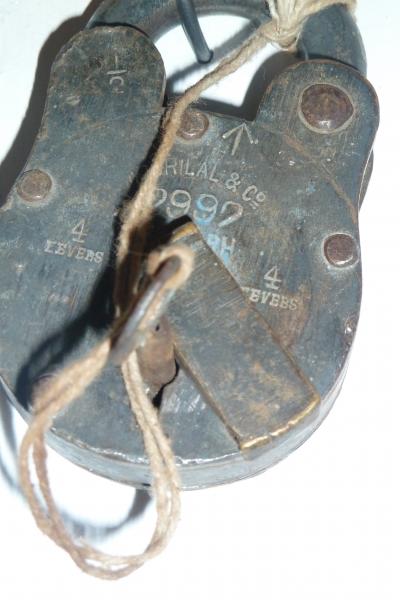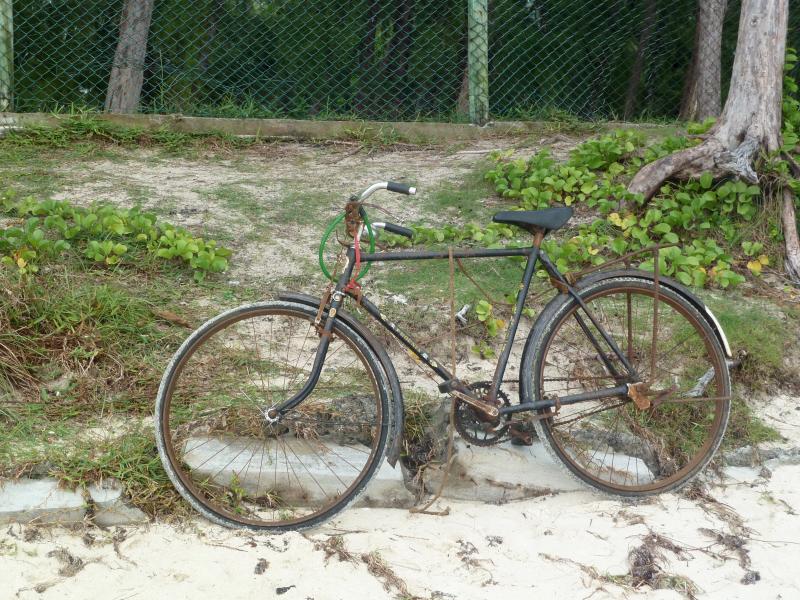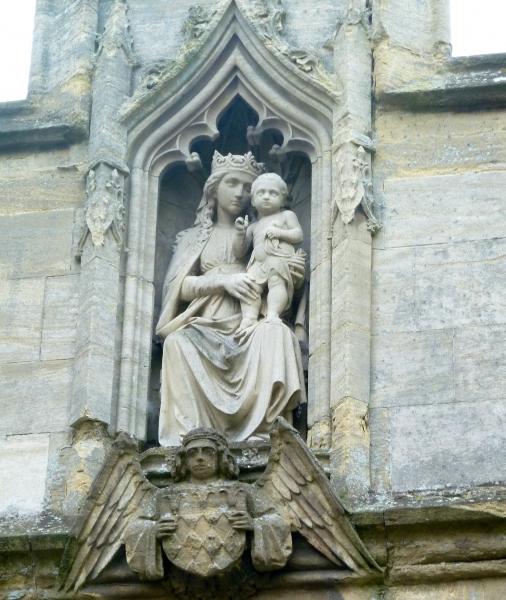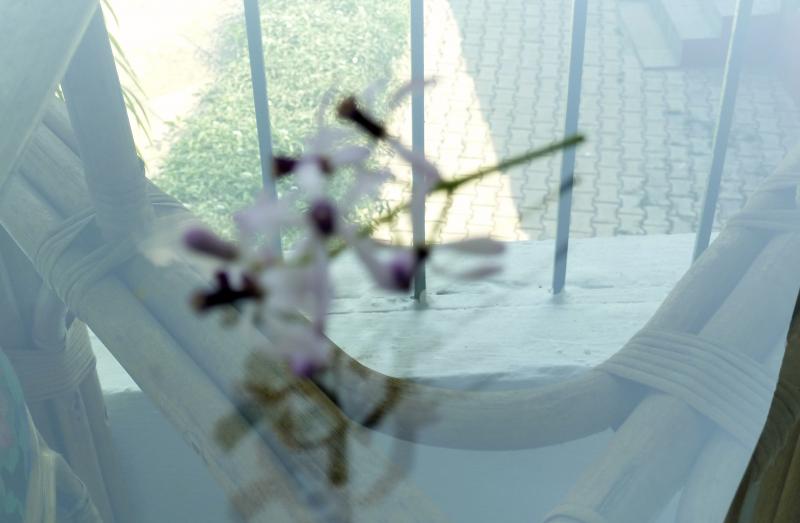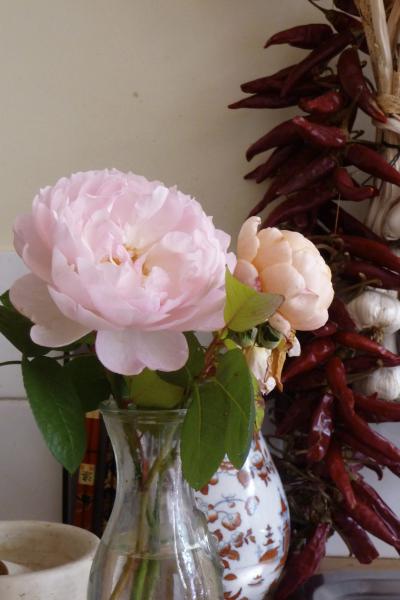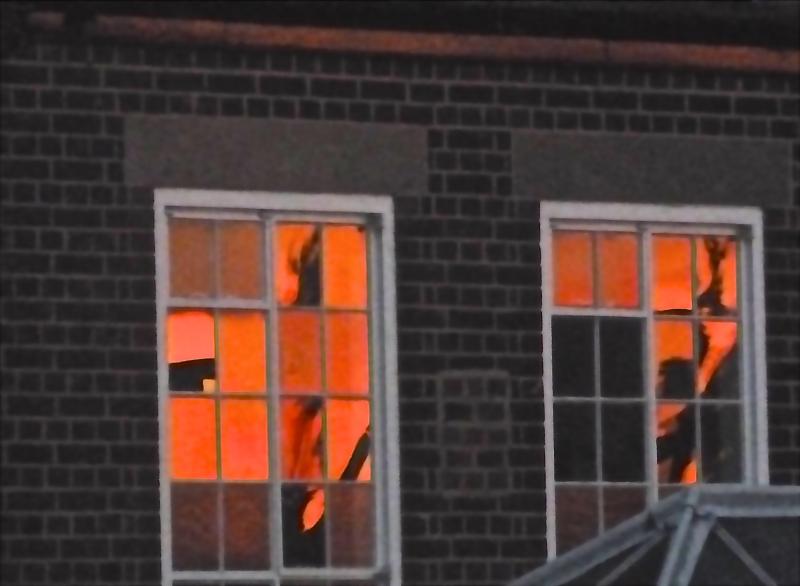
Rachel Phipps
“If books are part of the soul of any house, then bookshops are the equivalent for a town” (Alexander McAll Smith).
Rachel Phipps’ pocket-sized Woodstock Bookshop has become a hub of literary interest in a few short years. It confounds the pessimistic (some would say realistic) view that independent bookshops are doomed. But a thriving bookshop can only be maintained by extremely hard work, imagination, business sense, professionalism and vision. Woodstock is lucky that Rachel has all these qualities.
“It was always my dream,” she says. But it took years of apprenticeship and training, plus a few diversions into book editing and teaching, to enable her to open the shop in 2008 on Woodstock’s main street. Rachel started at John Sandoe’s iconic bookshop in Chelsea where she was restricted to dusting books and keeping shelves tidy, until the late John Sandoe decided she knew enough about the stock to start selling. After that she worked in a few other small independents and gained further valuable experience in the trade . Apart from knowing her books through reading widely, she is an astute businesswoman. She knows many of customers and while I was talking to her I watched a steady flow, the interesting dynamic between them, the shop and and Rachel.
First came an older couple, elegant country people with elegant manners looking for particular titles for Christmas presents. They were followed by someone who needed a French phrasebook for a grandchild. Then came several browsers who said, meaning it too, that they’d return. From a corner I heard quiet opinions being exchanged about books, which sounded like the agreeable murmur of a dove-cote. Someone needed an entertaining novel and both Rachel and I suggested Jane Gardam’s Old Filth.
Quite a busy couple of hours for a tiny bookshop. Then followed the Minister of the Methodist Church with posters inviting locals to take part in a community passion play at Easter. Rachel told me she intended to organize an author visit for his congregation as a thank you for allowing her the generous use of his church for author talks and for providing the venue for her two-year old, hugely successful, poetry festival. So far over 100 authors have come for nothing (their publishers are happy to pay the costs) to spend an entertaining hour talking and signing their books. These occasions create instant “communities” of book lovers and are an instance of how the Woodstock Bookshop plays a pivotal part of cultural life in this small town.
As she talked to me, answered customers’ queries, signed for postal deliveries, opened parcels of books and made coffee, I began to glimpse the sheer hard graft behind her success. She also runs a book group for years 5 and 6 at the local school and organizes World Book Day at local schools. A quarter of the stock is made up of children’s titles and their covers cast a rainbow glow in one side of the shop. It takes great skill, as well as a genuine interest in people, to provide a space where book-lovers can discuss their purchases and elicit suggestions without feeling overwhelmed. or pressurized.
This year’s poetry festival was triumph. Alice Oswald (see my post of August 12, 2013) recited her haunting Memorial to a full house and great acclaim.

Alice Oswald

Julia Copus
I also listened to Julia Copus read from The World’s Smallest Hands.
I love her poems, subtle, clear, limpid and suffused with feeling.
Among other poets I also listened to David Morley read from The Gypsy and the Poet and David Constantine from his new collection.
What was the secret of creating such large audiences for poetry readings?
“We’re lucky to have so many wonderful poets living in Oxford and around.” That may be true, but equally the Woodstock Bookshop has become a name associated with literary events worth venturing out for on a cold evening. And, best of all, they have none of the bustle and pretension of grander festivals which are driven by irritating, nakedly commercial calculations .









